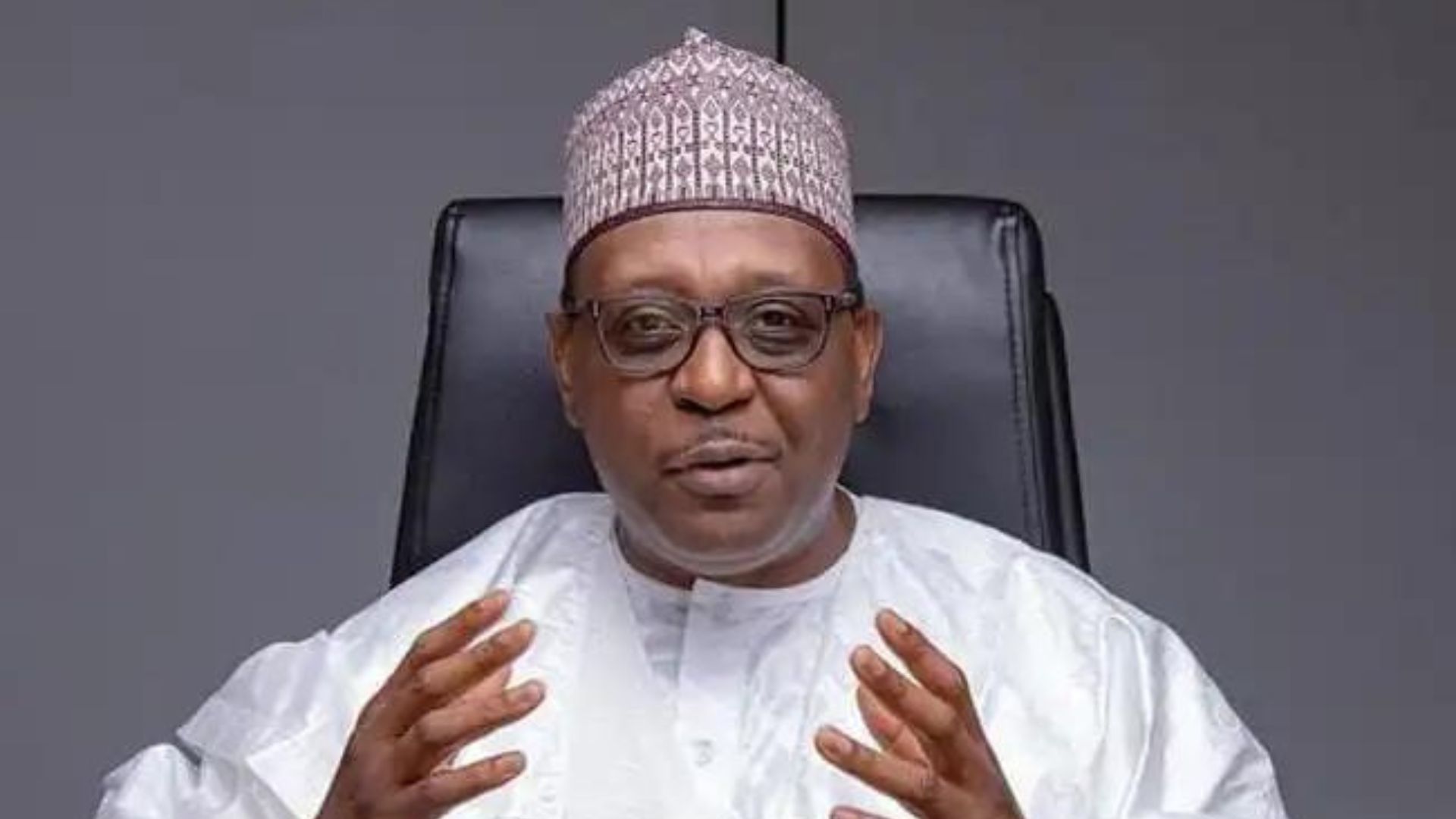Professor Ali Pate, the Coordinating Minister of Health and Social Welfare, made a concerning revelation on Tuesday, stating that an overwhelming 90% of Nigerians remain without access to the nation’s healthcare insurance program.
This revelation coincided with the Federal government’s unveiling of the Operational Guidelines for the National Health Insurance Authority (NHIA), a vital initiative designed to reshape the country’s healthcare system and enhance the health and well-being of all Nigerians.
Speaking at the unveiling ceremony in Abuja, Professor Pate acknowledged the four decades of efforts to provide health insurance coverage for Nigerians and emphasized the significant progress achieved in this endeavor.
However, he underscored that the current level of progress falls far short of being a source of national pride, with only 8 to 9% of the population having health insurance, leaving more than 90% of Nigerians without coverage.
He expressed:
“The state of the health sector is far from ideal despite the strides we have made. One of the concerning areas is the out-of-pocket spending that Nigerians have to endure to access healthcare. We are deeply troubled by the impact this has on ordinary Nigerians. Many are being pushed into poverty as they grapple with the financial burden of healthcare. This is the situation we face. However, President Bola Ahmed Tinubu, through his Renewed Hope Agenda for Nigeria, is dedicated to bringing about positive change in the country. Under his leadership, we are committed to altering Nigeria’s healthcare landscape, and today’s milestone is a significant step, although we acknowledge that we have a long journey ahead.”
“Efforts to establish insurance coverage in Nigeria have been ongoing for over 40 years. Presently, only about 8 to 9 percent of Nigerians have insurance coverage. While we can take pride in this achievement, we must also acknowledge that 90% of Nigerians remain without coverage. Our work is far from complete.”
Operational Guidelines for NHIA Act
During the event, Muhammad Sambo, the Director General of NHIA, emphasized the importance of the operational guidelines in providing clarity regarding the roles, responsibilities, and obligations of stakeholders within the health sector.
He noted that these guidelines play a vital role in facilitating the adoption of health insurance across Nigeria:
“The NHIA Act of 2022 laid the foundation for a transformative healthcare system in Nigeria that genuinely aspires to leave no one behind. No Nigerian should have to make a choice between their health and financial well-being.”
Sambo emphasized that the guidelines delineate the Basic Minimum Package of Health Services for all Nigerians and detail the strategic procurement of these services nationwide.
He elaborated:
“The guidelines establish standards for accrediting key stakeholders within the health insurance ecosystem and outline penalties for non-compliance. The document also acknowledges the integration of State Social Health Insurance Agencies (SSHIAs) as envisioned in the Health Insurance Under One Roof coordination framework.”
Healthcare as a Fundamental Right
Furthermore, the Director General reassured Nigerians that healthcare is a fundamental right that should be accessible to all, regardless of their financial circumstances.
He expressed his belief that the newly unveiled NHIA Act would ensure essential health coverage for low-income individuals in the country, emphasizing that no one should have to choose between their health and their financial stability.
“I firmly believe that every citizen of this great nation has the right to healthcare services that are not only accessible but also affordable. No one should be forced to make a trade-off between their health and their financial security,” he added.




